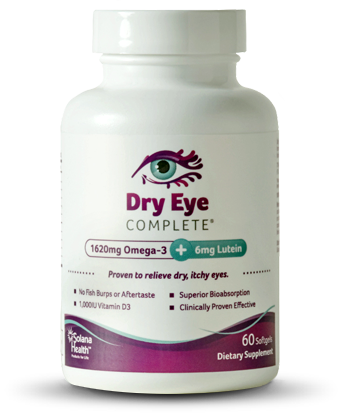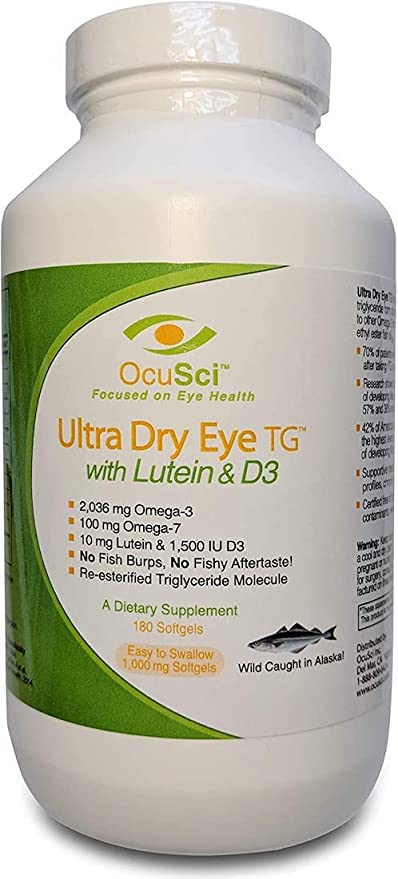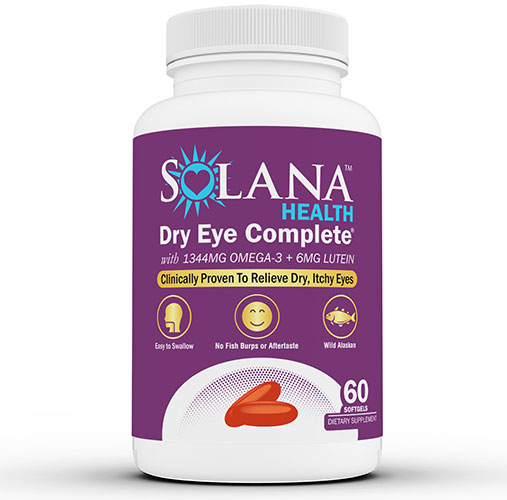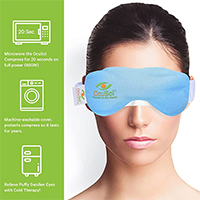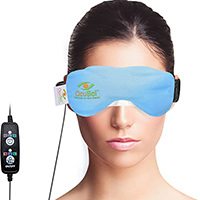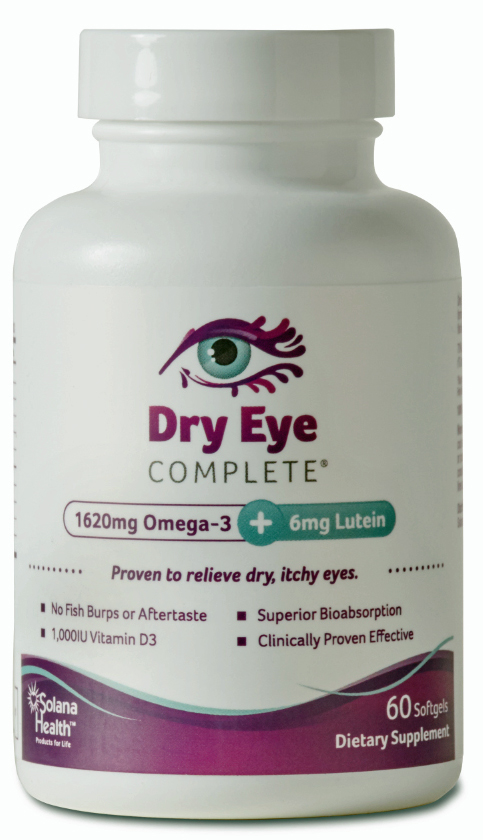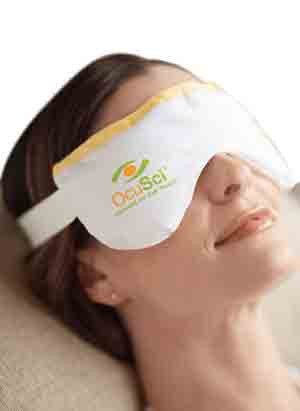If you feel you want to wear contact lenses, you need to first speak with your optometrist. There are many different contact lenses to choose from, and there are a lot of factors that will help determine which ones are right for you. Some of these factors include your willingness to look after the lenses, your personal expectations, how tolerant to lenses your eyes are, and your refractive error.
What Are Contacts?
Contacts are a type of medical device that is placed directly onto the cornea. Just like spectacles, they are designed to correct any refractive error in the eye, by subtracting or adding focusing power to the lens and cornea of the eye. They are an effective and safe way of correcting vision, so long as they are looked after properly. Depending on your lifestyle and eyes, they can provide a fantastic alternative to wearing glasses.
The Kellogg Eye Center has reported that more than 24 million people in this country now wear contacts. There are even some situations in which there is no medical necessity for them and their use is simply cosmetic. That said, they can do all the corrections that regular eyeglasses can for various conditions:
- Nearsightedness (myopia)
- Farsightedness (hyperopia)
- Distorted vision (astigmatism)
- Need for bifocals (presbyopia)
If you are considering contacts, your eyes’ health must be your top priority. Therefore, you should find an experienced and knowledgeable optometrist first. And you should also always have a pair of eyeglasses.
The Different Types of Contact Lenses
There are many kinds of contact lenses on the market. The one that is right for you depends on your individual needs. An optometrist will discuss your options with you, which are:
- Soft lenses, which are the most popular of all. The material of these lenses includes water, which is why they are flexible and soft, and how the cornea can continue to receive oxygen. Soft contact lenses come as daily disposables (more costly, but less risk of infection), monthly or two weekly disposables, toric lenses (for moderate astigmatism), and bifocal lenses.
- Gas permeable lenses or RGPs. These are hard, rigid lenses made from plastic, fluoropolymers, and silicone. The lens allows oxygen to pass directly through it.
Regardless of which contacts you choose, you should remove them before you go to bed to avoid infection and intolerance.
Risks with Contact Lenses
There are several risk factors associated with wearing contact lenses to be aware of, including:
- Never wearing daily lenses as extended wear lenses. This can damage the cornea, which can be sight threatening. Corneal infections are more common in those who wear lenses overnight. This is due to poor lens care and cleaning. If people do not use contacts properly, they can become intolerant to them.
- There is a chance of gas permeable lenses scratching the cornea, particularly if there is a poor fit, or if the lens is worn overnight. Additionally, they can hide under the lid if they slide off the cornea. In the past, these lenses would often fall out of the eye, but this is now much less of a concern.
- Extended wear lenses and gas permeable lenses can lead to allergies related to the lens due to protein buildups. When protein builds up, lenses become uncomfortable and vision becomes distorted. This is why cleaning every night is vital, and special products may be required to dissolve the protein.
Who Shouldn’t Wear Lenses
The vast majority of people who require vision correct are able to wear lenses. However, some people are not considered suitable, including:
- Those with regular eye infections
- Those with severe allergies
- Those with an improper tear film, or dry eye syndrome
- Those who work in dirty or dusty environments
- Those who are unable to look after their lenses properly
Should You Consider Contacts?
There are several factors to think about if you are considering wearing contact lenses, including:
- What your personal expectations and needs are
- How motivated and patient you are while first getting used to wearing them
- How well you can adhere to the guidelines in terms of cleaning, disinfecting, and wearing them
- Whether you have conditions that stop you from being able to wear them
Below is further information designed to help you choose the contacts that are right for you.
How Often Do You Want to Wear Contacts?
Most people are prescribed soft contact lenses, which can be worn either part time or full time. If you choose rigid, gas permeable lenses, however, you must wear them full time. If not, your eyes cannot get used to them and they will forever feel uncomfortable. Hence, if you only plan to wear your contacts occasionally, these are not for you.
How Sharp Do You Want Your Vision to Be?
RGPs take quite a long time to get used to. However, they are also known to provide the sharpest vision. This is particularly true for those with astigmatism. If you find your vision is not sharp enough with soft lenses, then you may want to switch to RGPs.
Can You Care for Your Lenses Properly?
If you want to wear contacts safely, you must make sure that you look after them properly. Otherwise, you could develop corneal ulcers and fungal eye infections, to name but a few problems. In fact, one study performed by Liu Z., Pflugfelder, SC, published in the U.S. National Library of Medicine, National Institutes of Health, demonstrated that people who have worn contact lenses for a long time have significantly reduced corneal thickness, and also experience increased surface irregularity and corneal curvature.
One option that you could consider is to wear daily disposable lenses, as these reduce the chance of infection. However, even those must be looked after properly. Daily disposable ones do mean that you don’t have to perform daily cleaning, as you simply throw the lenses away after use.
Do You Want to Wear Your Contacts Overnight?
Some people prefer to wear their lenses continually, even overnight. There are now several U.S. Food and Drug Administration approved contact lenses that allow greater amounts of oxygen to pass through them, which can be worn overnight. However, this is not always safe and you should only opt for these if your optometrist says that it is safe to do so.
Do You Want to Wear Lenses to Change the Color of Your Eyes?
You can also choose colored contact lenses, which will give you a new look. These are always soft lenses that can either enhance your existing color, or change it completely. You could also choose costume contacts, or theatrical contact lenses, which have dramatic special effects. For instance, gothic contacts can make you look like The Twilight Saga’s vampires. These lenses are highly popular during Halloween and can be purchased without any refraction, so anyone can wear them. However, you should never wear contacts without having had a proper consultation.
Do You Require Bifocal Correction?
If you are over the age of 40, you may need bifocal correction. By wearing multifocal lenses, you most likely will not need to use reading glasses. Alternatively, you can opt for monovision lenses, which means one eye is provided with distance vision, and the other for near vision. This has been shown to be very beneficial for those who have presbyopia.
How Much Can You Pay?
When you wear contact lenses, you also still need glasses. This means that you must consider how your entire budget is impacted. Remember, when calculating your lens cost, you also must include the price of the solutions.
Do You Have Dry Eyes or Allergies?
If you have dry eye syndrome or allergies, you will struggle to feel comfortable with contact lenses. In fact, your ability to wear them is likely to be significantly reduced. Make sure you discuss these issues with your optometrist first, therefore. One option is to choose daily disposable lenses, as these have fewer allergy symptoms related to them. There are now even contact lenses made specifically for people with dry eye syndrome, although such contacts are more expensive.
Looking After Your Lenses
Once you have chosen your contact lenses, under the guidance of your optometrist, you need to learn how to look after them properly. This means that:
- You must disinfect and clean your lenses after taking them out to prevent infections and kill germs.
- You must clean your lenses daily and you should get a new contact case every three months.
- You should not reuse your lens solution. Instead, dispose of it and let the case dry during the day.
- Do not use saliva to moisten your lens.
- Do not create your own contact solution. In fact, the U.S. Food and Drug Administration has linked this to an increased chance of eye infections.
- If you use eyedrops, you must check whether these are compatible with your type of lens.
Wearing Your Lenses
- You must also learn how to properly wear your lenses:
- Wash your hands properly before you handle them.
- Your lenses are just for you, so do not share them.
- Only use fashion lenses if they were optometrist-fitted.
- Don’t buy lenses of unknown origin.
- Only wear your lenses as instructed by the optometrist.
- Get rid of your lenses as and when required.
Dangers with Lenses
If you notice any of the following symptoms, you must immediately remove your lenses and seek medical attention:
You notice sudden light sensitivity.
Your eyes start to hurt.
There is discharge from the eye.
You experience redness for at least two days.
Your vision becomes blurry.
You have a scratchy feeling on your eye.
Always remember to attend your yearly checkups and eye health examinations as well.
Resources and References:
Kellogg Eye Center – Overview of contact lenses, risk factors, who should not wear them, etc. (kellogg.umich.edu)
National Institutes of Health – The effects of long-term contact lens wear on corneal thickness, curvature, and surface regularity. (www.ncbi.nlm.nih.gov)
U.S. Food and Drug Administration – List of Contact Lenses Allowed to be Sold in the United States (www.fda.gov)
U.S. Food and Drug Administration – Ensuring Safe Use of Contact Lens Solution (www.fda.gov)

